Intro
As you reach the 22-week mark in your pregnancy, you're likely to be feeling a mix of emotions - excitement, anticipation, and possibly a hint of anxiety. This period is crucial, and it's essential to stay informed about the developments in your body and your baby's growth. At 22 weeks pregnant, you're halfway through your second trimester, and this phase is often referred to as the "golden period" of pregnancy. The initial symptoms of the first trimester have started to subside, and you're beginning to feel more energetic and comfortable in your own skin.
Your baby is growing rapidly, and their development is becoming more complex. At 22 weeks, your little one measures around 11 inches in length and weighs approximately 1 pound. Their skin is starting to thicken, and fat layers are forming, which will help regulate their body temperature after birth. The baby's senses are also becoming more refined - they can detect light, sound, and even taste. Although their eyes are still fused shut, they can detect light and darkness, which will help them adjust to the outside world once they're born.
As you navigate this critical period, it's vital to prioritize your health and well-being. Your body is undergoing significant changes, and it's essential to listen to its needs. You may be experiencing a range of symptoms, from back pain and pelvic pressure to mood swings and food cravings. While these symptoms can be uncomfortable, they're a normal part of the pregnancy journey. By staying informed and taking proactive steps to manage your health, you can ensure a smooth and healthy pregnancy.
Physical Changes and Symptoms
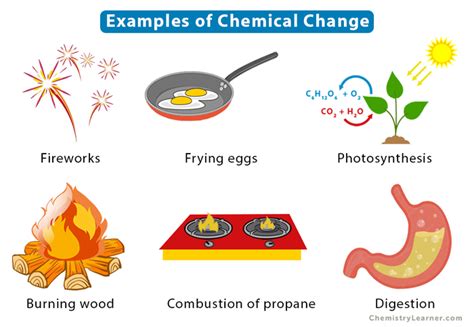
At 22 weeks pregnant, you're likely to experience a range of physical changes and symptoms. Your belly is expanding, and your skin may be stretching to accommodate your growing baby. This can lead to stretch marks, which are a common occurrence during pregnancy. To minimize the appearance of stretch marks, it's essential to keep your skin moisturized and hydrated. You can use a rich moisturizer or belly butter to nourish your skin and reduce the risk of stretch marks.
Some common symptoms at 22 weeks pregnant include:
- Back pain and pelvic pressure
- Mood swings and emotional changes
- Food cravings and aversions
- Fatigue and sleep disturbances
- Braxton Hicks contractions
- Skin changes, such as darkening of the skin around the nipples and stretch marks
Managing Symptoms and Staying Comfortable
To manage these symptoms and stay comfortable, it's essential to prioritize self-care and make healthy lifestyle choices. This includes: * Engaging in regular exercise, such as prenatal yoga or swimming * Practicing stress-reducing techniques, such as meditation or deep breathing * Eating a balanced diet rich in nutrients and whole foods * Staying hydrated by drinking plenty of water * Getting enough sleep and taking naps when needed * Wearing comfortable clothing and shoes that support your growing bellyFetal Development and Growth
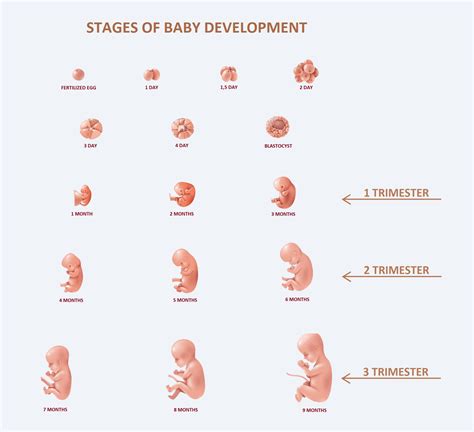
At 22 weeks pregnant, your baby is growing rapidly and developing new skills every day. Their major organs, such as the heart, lungs, and liver, are functioning and preparing for life outside the womb. The baby's digestive system is also practicing contractions, which will help them digest food after birth.
Some exciting developments at 22 weeks include:
- The baby's skin is starting to thicken, and fat layers are forming
- Their senses are becoming more refined, and they can detect light, sound, and taste
- The baby's pancreas is producing digestive enzymes, which will help them break down food after birth
- Their bones are becoming stronger, and their skeleton is changing from soft cartilage to bone
Supporting Fetal Development
To support your baby's growth and development, it's essential to: * Eat a balanced diet rich in nutrients and whole foods * Take prenatal vitamins and supplements as recommended by your healthcare provider * Stay hydrated by drinking plenty of water * Avoid exposure to toxins and pollutants, such as cigarette smoke and heavy metals * Manage stress and engage in stress-reducing activities, such as meditation or deep breathingPrenatal Care and Check-Ups
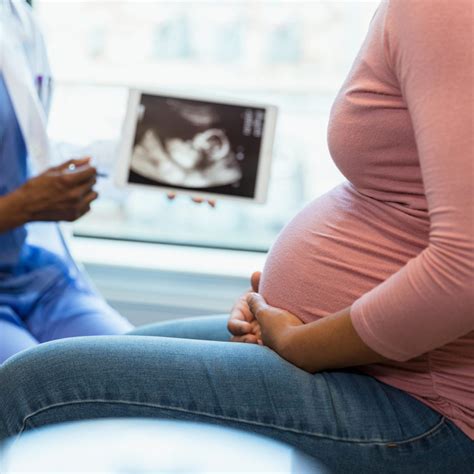
Regular prenatal care and check-ups are crucial during pregnancy. These appointments allow your healthcare provider to monitor your baby's growth, detect any potential complications, and provide guidance on managing symptoms and staying healthy.
At 22 weeks pregnant, your healthcare provider may:
- Perform an ultrasound to check on your baby's growth and development
- Monitor your blood pressure and urine for any signs of complications
- Discuss your birth plan and options for pain management
- Provide guidance on managing symptoms and staying comfortable
Preparing for Birth and Parenthood
As you approach the halfway mark in your pregnancy, it's essential to start preparing for birth and parenthood. This includes: * Taking childbirth education classes to learn about labor, delivery, and postpartum care * Creating a birth plan and discussing it with your healthcare provider * Preparing your home and nursery for the arrival of your baby * Building a support network of family, friends, and fellow expectant parentsNutrition and Diet

A healthy diet is essential during pregnancy, as it provides your baby with the necessary nutrients for growth and development. At 22 weeks pregnant, it's recommended to focus on whole, nutrient-dense foods, such as:
- Fresh fruits and vegetables
- Whole grains, such as brown rice and quinoa
- Lean proteins, such as chicken and fish
- Healthy fats, such as avocado and nuts
- Calcium-rich foods, such as milk and cheese
Managing Food Cravings and Aversions
Food cravings and aversions are common during pregnancy, and they can be challenging to manage. To stay on track with your diet, try: * Eating small, frequent meals to avoid overeating * Incorporating healthy snacks, such as fruits and nuts, into your diet * Avoiding trigger foods that can exacerbate cravings * Staying hydrated by drinking plenty of waterExercise and Activity
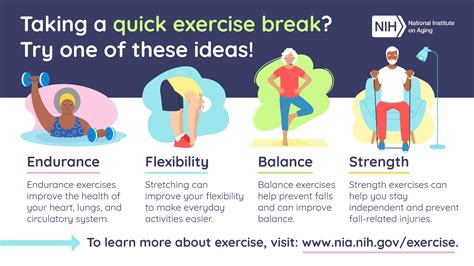
Regular exercise is essential during pregnancy, as it helps maintain physical and mental health. At 22 weeks pregnant, it's recommended to engage in low-impact activities, such as:
- Prenatal yoga or Pilates
- Swimming or water aerobics
- Brisk walking or hiking
- Cycling or using a stationary bike
Modifying Exercise Routine
As your belly grows, it's essential to modify your exercise routine to avoid discomfort and injury. Try: * Avoiding high-impact activities, such as running or jumping * Wearing comfortable clothing and shoes that support your growing belly * Listening to your body and taking regular breaks * Staying hydrated by drinking plenty of waterEmotional Changes and Mental Health

Pregnancy can be an emotional rollercoaster, and it's essential to prioritize mental health. At 22 weeks pregnant, you may be experiencing:
- Mood swings and emotional changes
- Anxiety or fear about motherhood
- Excitement and anticipation about meeting your baby
- Feelings of overwhelm or uncertainty
Managing Emotional Changes
To manage emotional changes and prioritize mental health, try: * Engaging in stress-reducing activities, such as meditation or deep breathing * Building a support network of family, friends, and fellow expectant parents * Practicing self-care and taking time for yourself * Seeking professional help if you're experiencing persistent anxiety or depressionPreparing for Parenthood
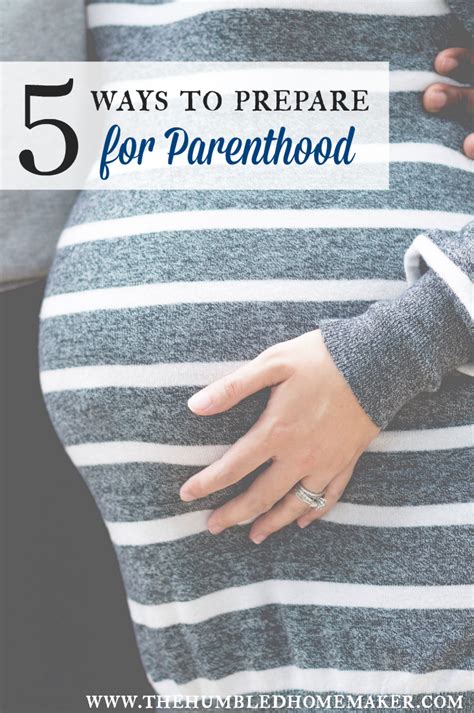
As you approach the halfway mark in your pregnancy, it's essential to start preparing for parenthood. This includes:
- Taking childbirth education classes to learn about labor, delivery, and postpartum care
- Creating a birth plan and discussing it with your healthcare provider
- Preparing your home and nursery for the arrival of your baby
- Building a support network of family, friends, and fellow parents
Building a Support Network
A support network is crucial during pregnancy and parenthood. Try: * Joining online communities or forums for expectant parents * Attending prenatal classes or workshops * Building relationships with fellow parents or caregivers * Seeking help from family and friends when neededWhat are the most common symptoms at 22 weeks pregnant?
+At 22 weeks pregnant, common symptoms include back pain, pelvic pressure, mood swings, food cravings, and fatigue.
How can I manage stretch marks during pregnancy?
+To minimize the appearance of stretch marks, keep your skin moisturized and hydrated by using a rich moisturizer or belly butter.
What are the best exercises for 22 weeks pregnant?
+Low-impact activities, such as prenatal yoga, swimming, or brisk walking, are recommended at 22 weeks pregnant.
How can I prepare for parenthood at 22 weeks pregnant?
+Take childbirth education classes, create a birth plan, prepare your home and nursery, and build a support network of family, friends, and fellow parents.
What are the most important things to discuss with my healthcare provider at 22 weeks pregnant?
+Discuss your birth plan, pain management options, and any concerns or questions you may have about your pregnancy or baby's development.
As you continue on your pregnancy journey, remember to prioritize your health, well-being, and self-care. Stay informed, seek support when needed, and cherish this special time as you prepare to meet your little one. We invite you to share your experiences, ask questions, or offer advice in the comments below. Let's build a community of supportive and caring individuals who can navigate the ups and downs of pregnancy together.
